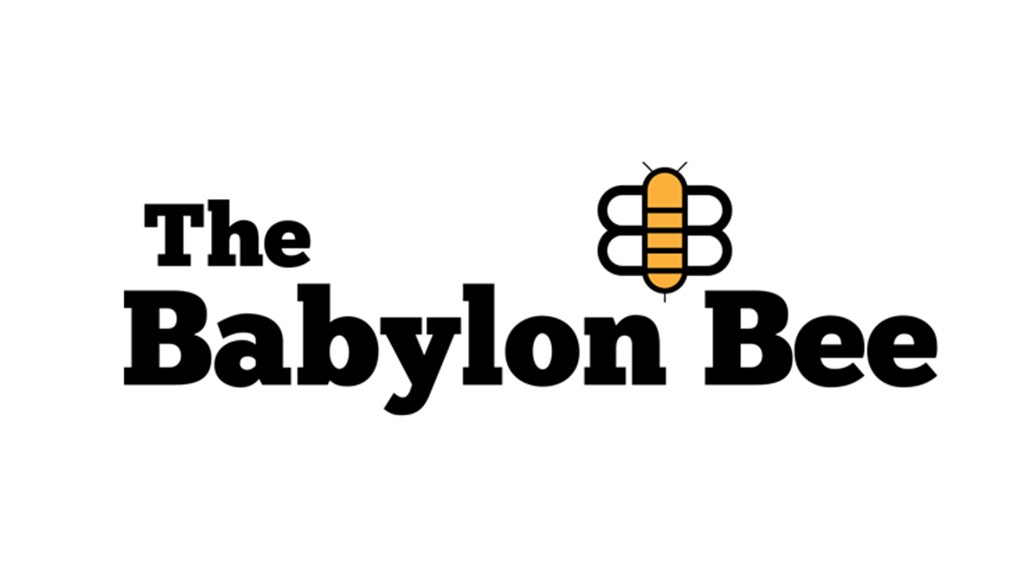I was once censored. Just like The Babylon Bee.

Oh, I don’t matter much, and I can actually see the other side, in my case. I’m not even sure if The Bee matters. But they got far more notably censored, notably when Twitter was still Twitter.
It wasn’t that a Tweet was removed because it was deemed “hate speech.”
It’s that the account access was suspended without notice, indefinitely, until the Bee’s management removed the post. In essence Twitter was forcing thought-subjugation.
Based primarily on this 7-minute speech by Seth Dillon, CEO of TBB, I see this problem as more conceptual than procedural. While an entity such as Twitter has the right to set its own policies, the picture changes when that entity it is essentially a public utility. It ought to be more broad-minded and free of constraint. (For example, mobile telephone carriers don’t tell you what you can talk about via their cell towers.) The editors at TBB were essentially forced to recant an opinion in order to have their access restored. They did not do that, and I’m glad they didn’t sacrifice principle for dollars.
At least, in my case, something I had displayed was actually removed, and I was given the option to speak about it. (I didn’t.) (There would have been no point.) (So I sometimes put things in my car window now.) (If they ever ask me to take those off, I won’t. I’ll just park somewhere else.)
I think The Babylon Bee is pretty delightfully funny a lot of the time. Sure, it’s politically conservative in spots where I’m not, but it’s got a point, a reason to exist. Also, they got this right on! So, today, the topic is free speech, and also the right to tell jokes . . . and then to consider on your own, without threat of the loss of livelihood, whether anything was awry in what was said or joked about.
I think it’s pretty cool that Elon Musk called The Bee and asked what happened, commenting, “Well, maybe I should just buy Twitter.” The Bee thought it was just an offhanded comment, but it wasn’t . . . and he did. But we still have censorship problems. Both of the above-mentioned censorship events were many months ago, but the topic of what one can and should say has come up again, sort of like indigestion, with this Free Press essay of Uri Berliner. He was an NPR senior editor who was subsequently suspended and then resigned. Hear Mr. Berliner:
An open-minded spirit no longer exists within NPR, and now, predictably, we don’t have an audience that reflects America. . . . But for NPR, which purports to consider all things, it’s devastating both for its journalism and its business model.
. . .
[T]his, I believe, is the most damaging development at NPR: the absence of viewpoint diversity.
I myself began to taper off my NPR listening a few years ago. It had gotten monotonous to hear the formerly interesting shows. The last 3-4 years have been particularly bad in my limited, personal perception. Not surprisingly, Berliner’s act of calling out the censorship and viewpoint guardians within NPR resulted in the end of his career there. In his resignation message, he wrote, “[I] cannot work in a newsroom where I am disparaged by a new CEO whose divisive views confirm the very problems at NPR I cite in my Free Press essay.”
I read last week of pro-Hamas protestors that shut down highways near major airports and occupied a boss’s office at Google, of all places. Some of them were arrested, and that’s a good thing, in my book. The problem is, they are probably so ideologically and morally corrupted that they’ll think they were sacrifices for a cause and not just children doing childish things they had no right to do.